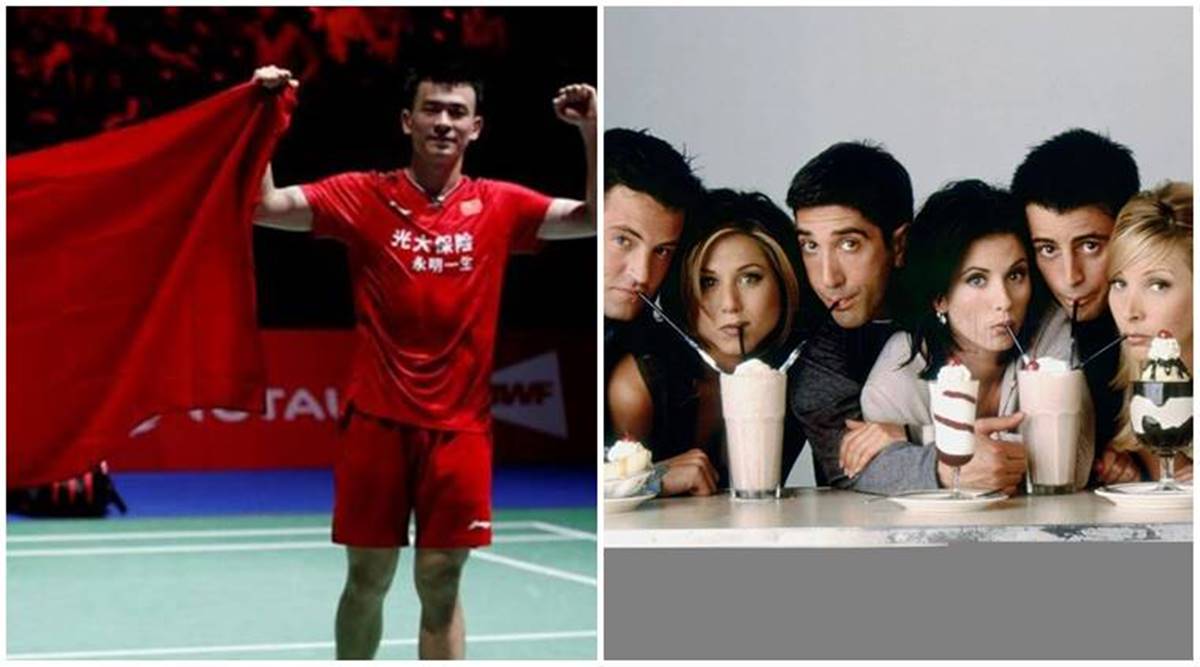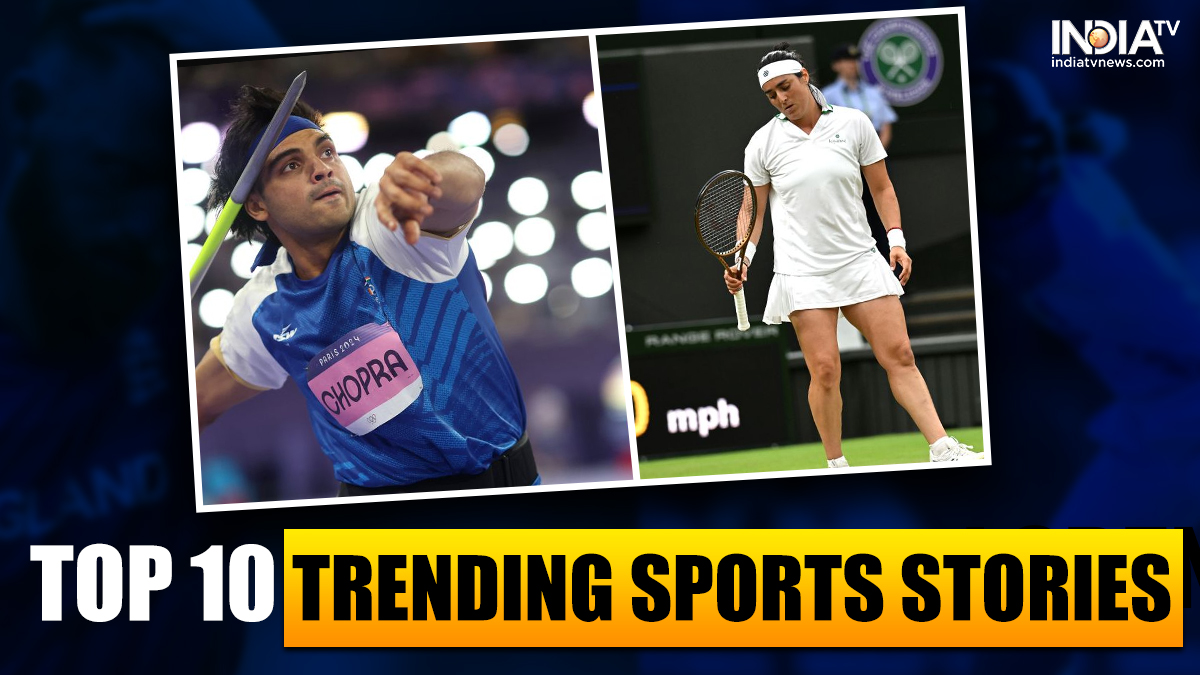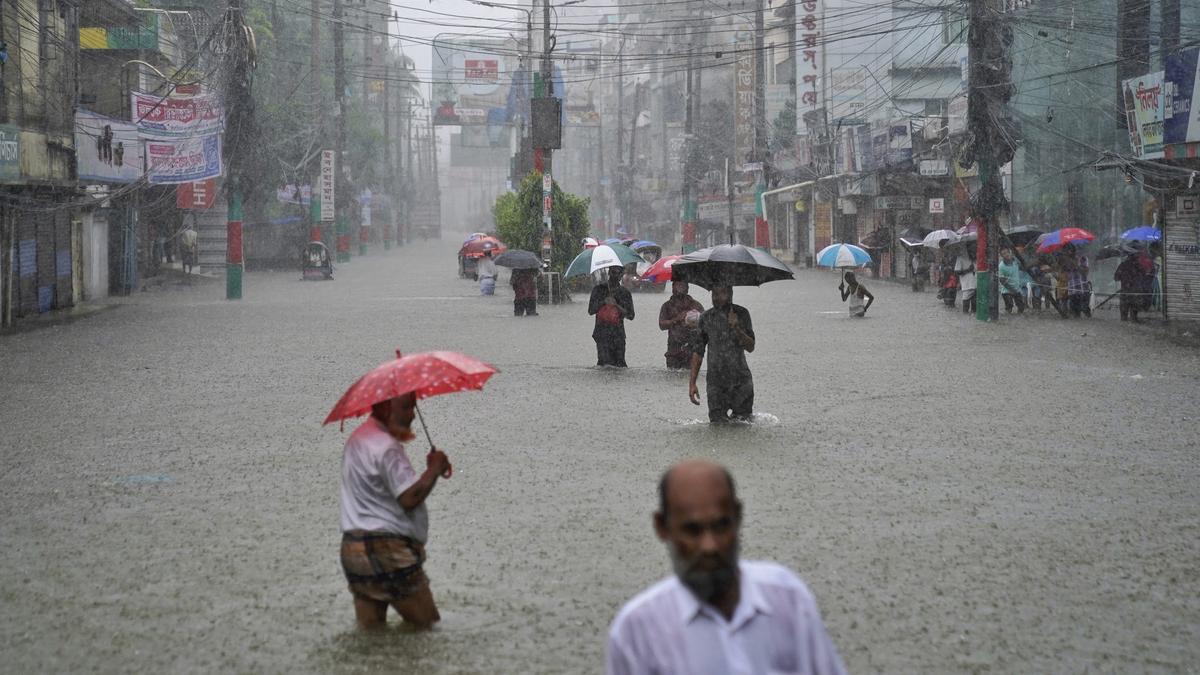‘FRIENDS!’ Zheng Si Wei, the world’s top shuttle mixed doubles player, grins and grins at having caught up on the streak from ten years ago now that he’s proficient in English. “I also have an English-only music album with me and I listen to it over and over again,” adds the great double player.
If you thought Tai Tzu Ying’s fake shots were the hardest thing to decipher in international badminton, reading the minds of China’s champions has actually proven the hardest thing to pin down over the years.
With communication limited, with global media not proficient in Mandarin or Cantonese, and players not really interested in conversing with the world in English or Spanish, interactions with the game’s top players have been sparse.
That seems to be changing now, as half of young Chinese players speak English enthusiastically and are interested in opening up to the rest of the world.
Zheng started learning the basics in a language class twice a week after the last All England. “It’s been 100 days and it’s mostly been vocabulary books. There’s nothing like a harsh word, but my memory isn’t that good. So it was a tough journey,” he says in perfect English.
Southpaw He Bingjiao, multiple Tour title winner, asked Wednesday if she could try answering questions in English at the India Open shortly after winning a straight set in Round 1. And happily waded into their various adventures in India. “What I really like are these two-wheeled tuk-tuks. Motorcycles. There were a number of them at my hotel, so I enjoyed a ride,” she said. “And they are so convenient to return to the hotel too.”
Zheng’s partner, Huang Qiong, a form player in women’s doubles, was also inspired to learn. (Representative/File)
She would also ask reporters for recommendations on what to try in Indian cuisine. Back-to-back tournament weeks are always a challenge, but Bingjiao was looking forward to visiting India after Malaysia. “There was no time to rest after last week but I am very happy to return to India. I was last here in 2019 and really enjoyed being here,” she added.
she is evil PUBG Skills had been her favorite topic of conversation last time around, although she asked herself, “How do you know I play PUBG?” with an exaggerated gasp of surprise.
The English immersion apparently started with Zheng Si Wei conducting a court interview in Denmark in English, giving others the confidence to carry out their media obligations in the language. The country’s shuttles have typically isolated themselves over the years in a sport they mastered with overwhelming glory. But much of their triumphs and struggles and ecstatic crowning glory has been lost in translation, or often just in silence. It has been said that Lin Dan was to badminton what Roger Federer was to tennis – except not many outside Asia seemed to be aware of it.
Then the Badminton World Federation took the initiative and provided tutors to all who were interested, and many enthusiastically participated.
Bingjiao has a dedicated English teacher. “I have a teacher in China for English,” says the world No. 5. “Si Wei speaks very well and is also a great player. Now we all want to speak well and play well,” she says. “Although it is difficult because with all the training there is no time.”
Women’s singles is in its golden age and Bingjiao is among them alongside Olympic champion and world No. 3 Chen Yufei. “The competition is at a very high level. But that motivates us to play better,” she says. Looking ahead, she doesn’t feel like looking too far into the future. “One at a time, every day,” she tries to convey.
While the idle hours during the pandemic seemed to have been the catalyst that prompted many to learn English, for He Bingjiao it was also an interest in OTT series and popular shows. While someone like Nozomi Okuhara also attempted to communicate in English after winning her world title, confidence tends to be a bigger obstacle than her reluctance to open up.
Zheng Si Wei picked up fast enough to speak shuttle in English. “We don’t think about it too much. Just eat well, sleep well and always have a goal. Goals should always be short-term, just focus on tomorrow’s game,” he says with Ross Geller-like seriousness, challenging some of the crazy self-help lingo.
Zheng’s partner, Huang Qiong, a form player in women’s doubles, was also inspired to learn and when asked for the best descriptions of Zheng, he said, “He’s very smart. Fast too.” Returning the compliment: “She’s super smart and if I fly too high she’ll bring me down and keep me cool,” he says after losing to her in previous games in India.
The duo insist that when Viktor Axelsen, a proficient Mandarin speaker, and they talk, it is he who speaks in Chinese.
Attempts to ascend: Shi Yu Qi
China’s biggest hope in men’s singles, Shi Yu Qi, is awakening from a hibernation – suspended from playing due to disciplinary reasons and a series of injuries. But the man seen as Chen Long’s natural successor is taking his time patching his career back together and aiming for the biggest medals.
That means the former World Championships medalist and current No. 33 is on his way up to reclaim his place among the top tenners. It also means hitting the ground sometimes. “Last night we landed at 1.30am Delhi airport and had a game right in the afternoon so I was tired after check-in and not that well prepared for today’s game,” he said as he finished the first round in a daze of travel fatigue.
His roller coaster ride is well documented and is equally speculated on social media by SYQ “stanns”, a bunch of die-hard fans. “I started playing badminton in middle school and I’ve been committed to it ever since. Last year during the pandemic I didn’t play much badminton due to health reasons. In China, everyone has the opportunity to play badminton for the country and become an Olympic champion. But there’s no pressure because there are so many champions,” he says.
“Right now my rank is low so I have to make it up by playing well in the coming months.”
In his months away from the game, a new generation of stars emerged. “There are very good opponents coming from Thailand (Kunlavut) and Japan (Kodai Naraoka), but we Chinese are also working very hard to win every game. We want to raise the level of our game,” he says. However, Viktor Axelsen has been consistently excellent – a factor all his opponents are trying to change. “Axelsen wins a lot of games, but that doesn’t mean he’s at a higher level than the others. I’ll always try to beat him,” he says.
Badminton training and learning English don’t leave much time for the top Chinese names. “When I’m not playing badminton I like to have fun, go out and travel,” he says.

“Beer maven. Creator. Tv fanatic. Internet scholar. Award-winning web junkie. Avid alcohol expert. Friendly writer. Gamer.”







